How Do International Beauty Brands Ride the New тHainanт Wave? Luxe.COтs Interview with COTYтs Executive Vice President of Global Travel Retail
July 15,2021
Consumption of fashion and luxury goods has been returning to China, which has made тduty freeт a hot topic. In particular, the introduction of a new duty-free policy for Hainan Islands and the first China International ConsumerТ Products Expo have allowed us to see more global high-end beauty companies stepping up their efforts in the Chinese travel retail market.
These companies include the world's largest perfume manufacturer with a 117-year historyтthe United Statesт COTY Group, which operates the GUCCI and BURBERRY beauty and perfume businesses.
In May, COTY first opened the GUCCI beauty flagship store at the Sanya Hailu Duty Free Shopping Center, and recently unveiled the world's first new skin care retail concept store of its Monaco high-end skin care brand Lancaster.
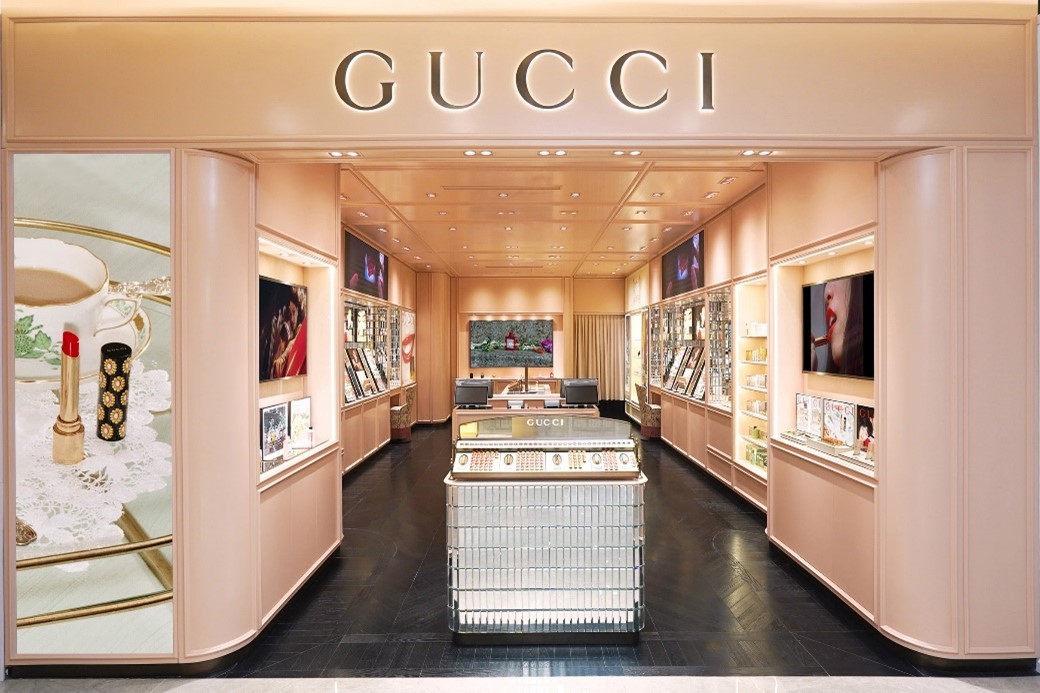
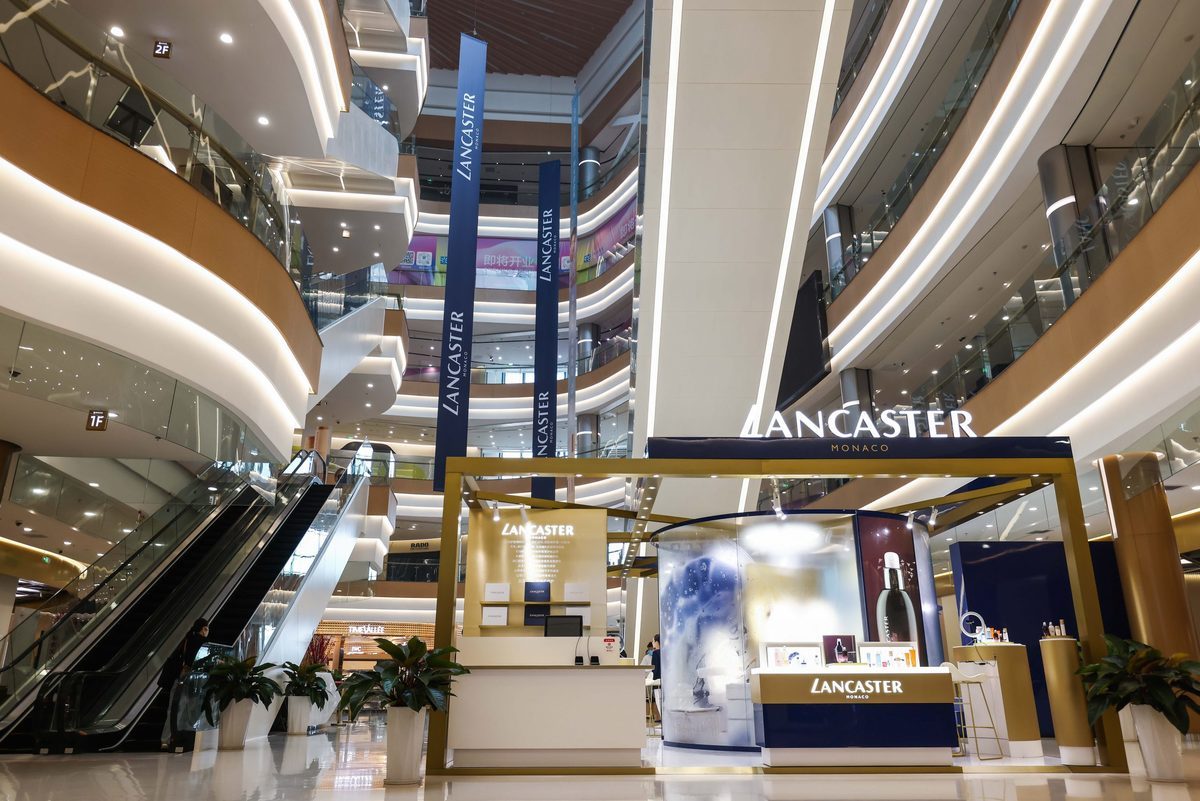
Recently, Luxe.CO ran an exclusive interview with Caroline Andreotti, Executive Vice President of COTY Global Travel Retail, and asked her to share her insights into the Hainan market and how to build a store-based travel retail ecology.

Business focus shifting toward Hainan
COTY Group, together with its travel retail department, has been diligently cultivating the duty-free market in China since 2016. The previous travel retail business layout was mainly concentrated at Beijing and Shanghai airports. So why did the Lancaster new retail concept decide on Hainan for its first store?Т
In response to this question, Andreotti said that in addition to airports in Shanghai and Beijing, the company's travel retail business has also been growing rapidly in Hainan. тIt is estimated that by 2035, China's middle class will reach 400 to 600 million people. This group, with strong consumption power and desire for high-quality goods, will promote the prosperity and development of business in Hainan.т
Hainan Province implemented a duty-free shopping policy for travelers in 2011, and the implementation of a new policy in 2020 has brought new opportunities to the market and local tourism retailers. This includes COTY's main partner in ChinaтCDFG. According to data from the latest Moodie Davitt Report, CDFG boasted the world's highest turnover among travel retailers in 2020.
As Andreotti told Luxe.CO, тWe expect that Hainanтs airport and urban tourism retail business will continue to promote the substantial growth of international beauty brands. With the development of the free trade port, online and offline retailers from China and around the globe have developed a strong interest in Hainan, including CDFG, CNSC, LagardУЈre SCA, Dufry Group and DFS Group. COTY Travel Retail Division is also bringing both global iconic brands and regional brands loved by Chinese tourists to Hainan.т

According to Andreotti, Lancaster's newly opened store is a project jointly launched by Hainan Provincial Tourism Investment Development Co., Ltd. and LagardУЈre Group at the Sanya Hailu Duty Free Shopping Center. The opening of this project also marks the official entry of the brand into the Asia travel retail market.Т
In the entire ecological concept of travel retail, the project not only showcases the experience of physical retail shopping, but also highlights the duty-free advantage in terms of price.
Taking Lancaster and GUCCI Beauty's recent new stores as examples, Andreotti shared with us some key points for building a travel retail ecosystem.
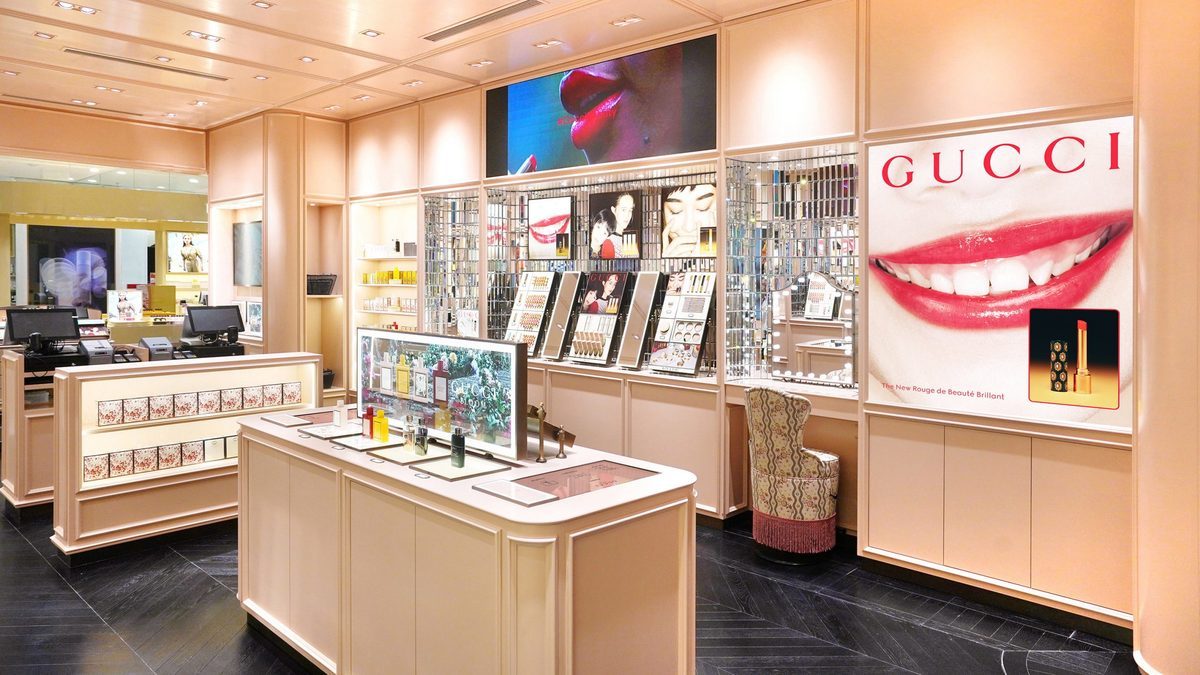
Emphasizing differentiated product selection strategies
тGenerally speaking, the display space of travel retail is smaller than that of regular stores. Therefore, the selection of products is more streamlined, with a smaller quantity of products. Best-selling items are generally the core of the selection of travel retail channels. This is also the main difference between travel retail and regular stores.т
Andreotti pointed out that based on an independent product supply system, travel retail stores mostly use best-selling items and exclusive products as forms of differentiated competitiveness from regular retail stores.
She adds: тMaximizing shopping space and focusing on product selection are our main strategies. The main merchandise difference from regular retail stores is that we take into account the demands of portable travel and air transportation with special sizes, capacity and product packaging. I think this is a very attractive attribute for travelers, rather than offering the exact same goods as those in regular stores.т

Skin care products contributing 70%-75% of salesТ
In terms of the brands currently operated by COTY's travel retail division in the Chinese market by category:
Dual-category beauty brands (makeup and fragrance)тGucci Beauty, Burberry Beauty; fragrancesтMARC JACOBS, Calvin Klein, Chloe, Miumiu, Tiffany; skincareтLancaster, founded in Monaco in 1946, and its skin care is an example Т of high-end positioning in the skincare brand matrix. Choosing to upgrade the brand at this time and to open the world's first skincare concept store in Hainan, China, Lancaster is seizing on the opportunity of a new round of releases in the skincare category in the post-pandemic era.Т
Andreotti revealed to Luxe.CO that in the Hainan beauty travel retail market, skincare products were currently estimated to contribute 70%-75% of sales. She said: тIt is true that skincare products have always been strong in China's travel retail market; but I think the pandemic has undoubtedly brought this category to a whole new level.т
In addition, Andreotti pointed out that current consumers prefer skincare products that give consideration to both efficacy and safety. Furthermore, product ingredients and packaging sustainability are also becoming factors influencing purchase decisions.Т

Smart shopping experience with omni-channel integrationТ
The biggest highlight of Lancaster's new concept store is the AI smart skin detection area in the center of the store, which customizes skincare solutions for tested consumers, emphasizing the brand's traditional advantages in deep-tech skincare and scientific sunscreens.
Andreotti pointed out that many consumers are not used to being followed by beauty consultants while shopping, but prefer to make their own choices and judgments. This trend has become more pronounced after the pandemic, due to the need for social distancing. Therefore, the smart shopping experience of omni-channel integration will be the focus of development in the future.
In addition to setting up virtual makeup try-on equipment in Gucci Beauty stores, a QR code is attached to the side of the product, inviting consumers to browse the usage and ingredients of the product. In an efficient travel shopping environment, consumers can either choose to shop on-site or place orders online through the display screen; they can ask for personalized advice from beauty consultants, or make their own judgments with the help of digital tools.

Continuing to develop high-end and handmade perfume business
Founded in 1904 by perfumer FranУЇois Coty in Paris, France, COTY is the world's largest perfume manufacturer. High-end perfume has always been its core business and its future business development focus.

In the 2020 ranking of the world's leading women's fragrance brands, COTY's brands accounted for three of the top ten positions. Among the six long-term strategies recently announced by the group, COTY emphasized that it wouldaccelerate the development of its high-end perfume business, with a particular focus on expanding its market share of handmade perfumes.Т
As of 2021, COTY has opened four duty-free shops in Sanya. In addition to Lancaster and GUCCI beauty shops, COTY has also introduced high-end perfume brands including MARC JACOBS, Calvin Klein, ChloУЉ, Miu Miu and Tiffany.
Caroline Andreotti noted that the highly anticipated new high-end perfume series from ChloУЉ and Miu Miu have also been released in Hainan.
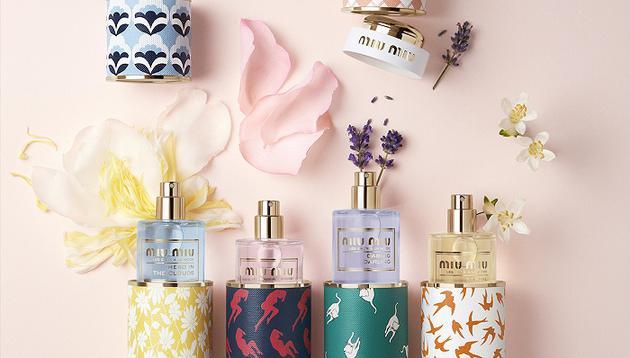
| Photo Credit: COTY
| Writer: Jun Liu
| Translator: Yanke Zhu





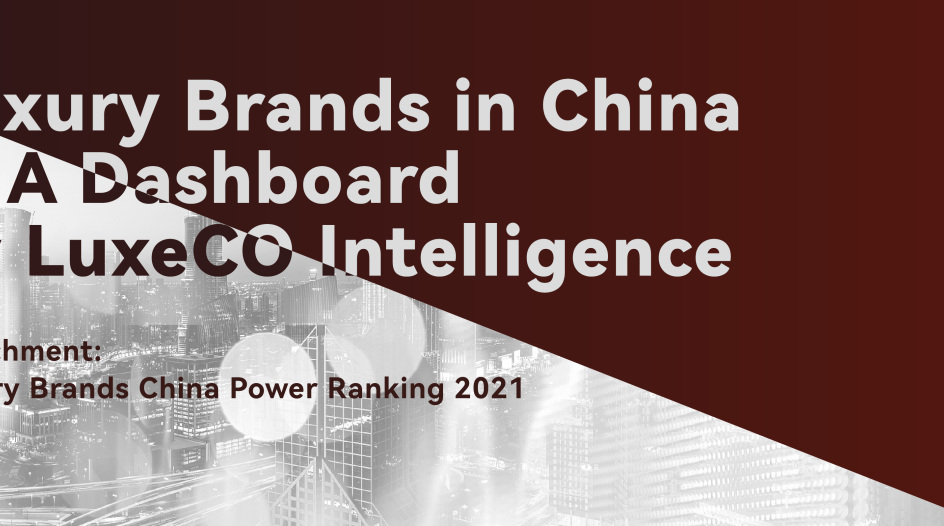





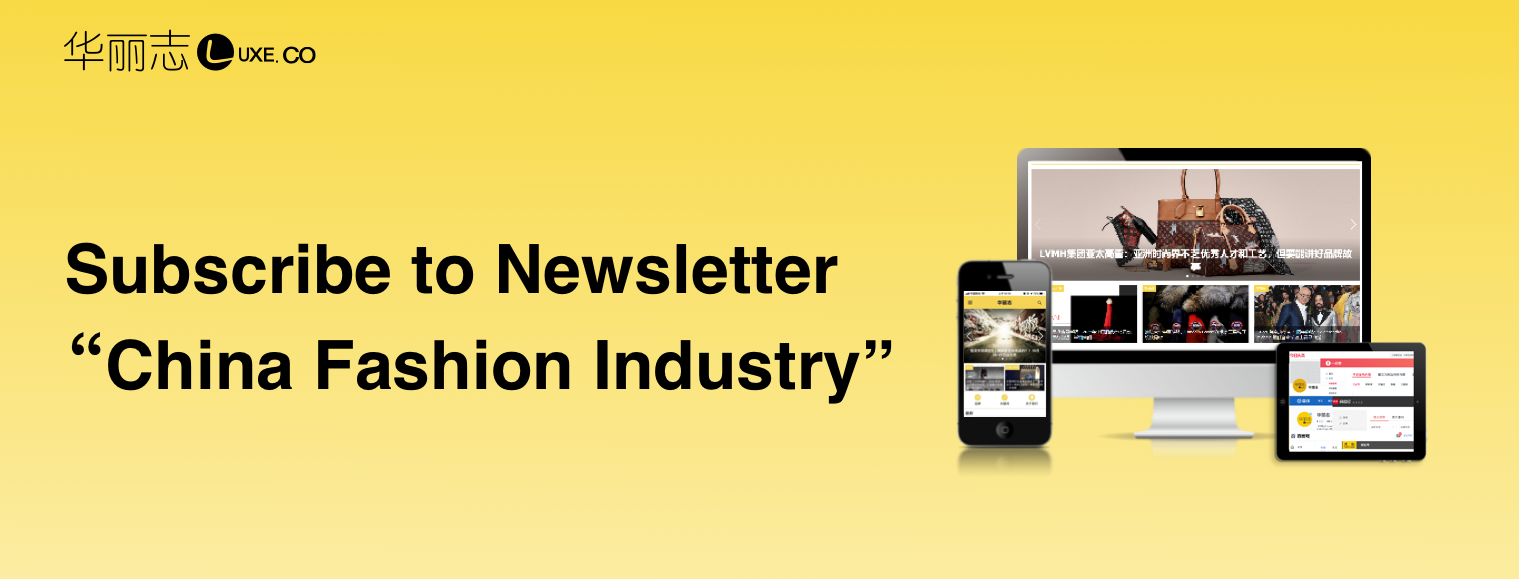
Comments